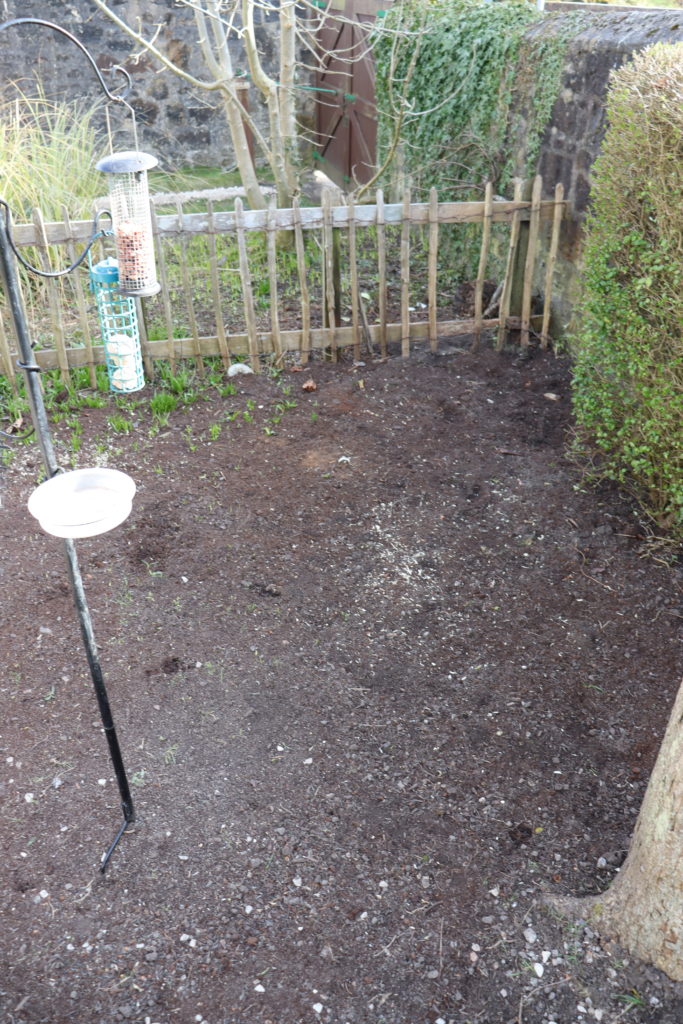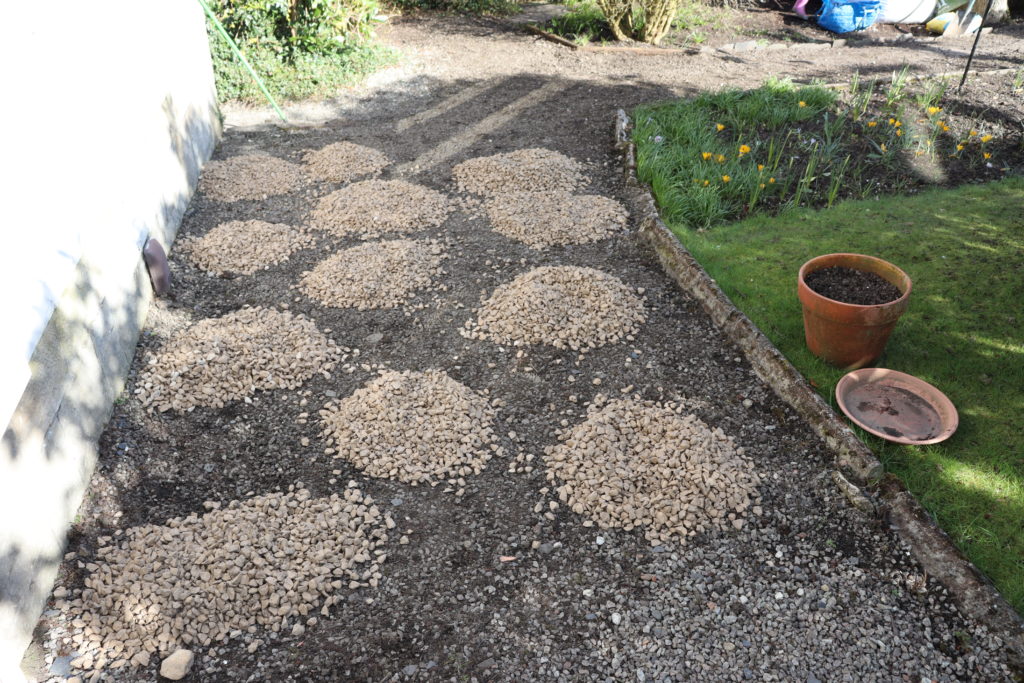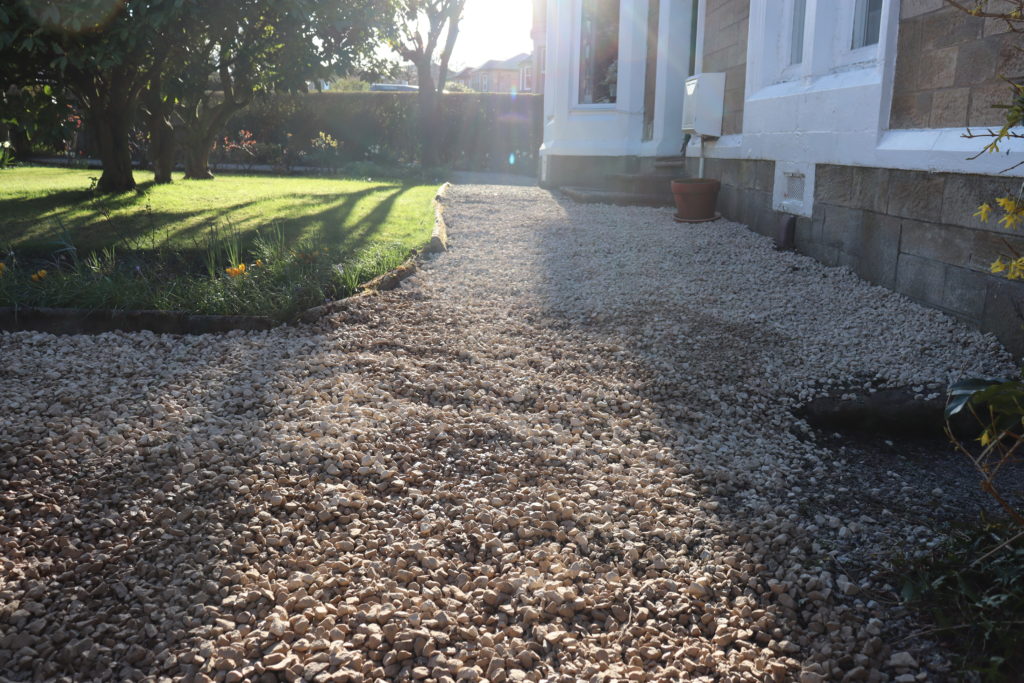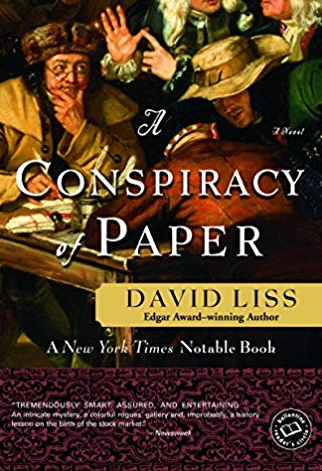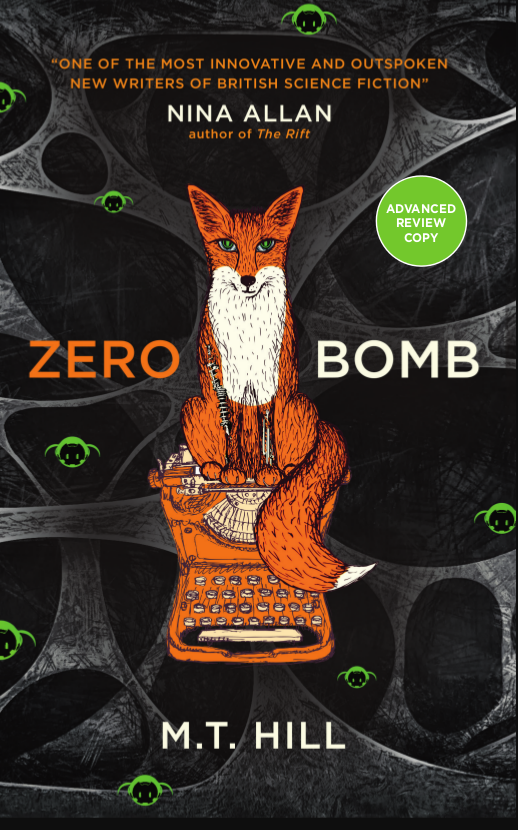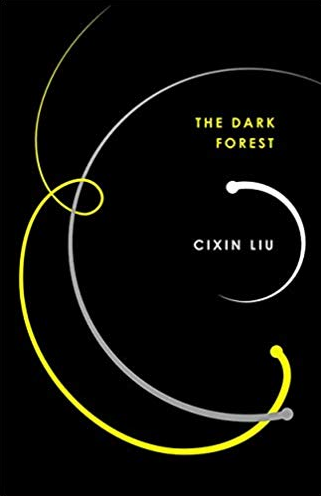So, aways back I wrote with Edmund Harriss an article for Arts Professional about improvisation in maths communication. I didn’t get paid but it got the information out there, which was good. Since then they have paywalled it. Since I have a draft of it, I decided to put it here.
In 2011, the psychologist and improviser Alex Fradera had
been exploring how the collaborative theatre and play techniques he used
onstage could speak to the demands he had experienced as a practising
scientist. Meanwhile Professor Edmund
Harriss was pondering how to explore communication and community with his 2012
Honours Maths class at the University of Arkansas. Discovering our shared
interest, we set out on an experiment between disciplines and fields. Here is
our field report from that ongoing experiment.
The open exchange of ideas invigorates any field and
heightens its influence on the world. But maths is solitary, jargon-heavy, and
involves challenging concepts, making communication outside of narrow
subdomains tricky. Furthermore, there is little incentive to widen your
audience: better to appeal upwards than outwards for your career… besides, do
I really want everyone to understand the work I’m doing – what if they think
it’s obvious? These concerns can be real anxieties for mathematicians and scientists
early in their career.
This project aims to explore how to provide the next
generation of mathematicians with a more flexible, resilient and expansive
mindset. We want a more functional maths community through greater cohesion,
communication and openness, and for individuals to flourish through improving
skills and developing a healthy attitude towards success and collaboration.
Formally, the course requires students to develop an
explanation of mathematical concepts using a wide range of skills, writing
including images (preferably photographs of physical models) and presentation
using words and props. This basic structure allowed us to offer a number of
activities and processes to explore our key themes.
To practice what we preach,
we built student communication and
collaboration right into the course. The class description was extensive and
made it clear that “we’re looking to do a little more than usual”,
focusing on sharing and communication as much as understanding. The course took
a prototyping approach, with a byword of “test, learn and adapt”, welcoming
student input, both through informal means and scheduled check-ins, and using
this to evolve course content and priorities.
We also suggested to the students
that they would get more from the course if they engaged with it with certain
qualities in mind:
- Forgiving – tolerance for mistakes
- Playful – up for experimentation and taking risks
- Honest – having standards and sharing when something
doesn’t work
- Intimate – know each other better, to connect and
share.
Students were initially formed into buddy pairs: more than
study partners, buddies observed each other during presentations, providing
feedback and even presented each others material. New pairings were formed
after the first formal check-in, making use of what students had realised they
needed and could offer to each other.
Additionally, we introduced a range of focused but playful
course activities. These were adapted from exercises used in improvisational
theatre, notably games developed by Keith Johnstone and his Loose Moose Theatre
in Canada (Alex has studied at the Moose and with Keith). For example, a
student would present on a simple topic while their audience played the “Beep
beep game”, responding whenever they felt personally neglected by sending vocal
signals to the presenter until they had been included again. Another game asked
the student to present on their own work while incorporating arbitrary words
flung at them by the audience. A separate session organised a ‘chat show’ where
students, in-character, tested out beliefs about communication. The class ran a
‘maths marketplace’ to pitch projects for others to run, discovering how to
spark audience interest. In coming weeks students will experiment with
presentation style by explicitly borrowing from their buddy, examining how
taking on a new cadence or physicality may assist them. They will also do so
with imaginary characters or archetypes: how does rehearsing your talk as a
priestess generate new possibilities?
Following a maths and science education route carries the
risk of winnowing away habits of thought that are variously described as right
brain, rich, or mythocentric thinking. (The arts are not immune, it’s just that
the imbalance tends to flow the other way!) So these unfamiliar activities, are
an opportunity to revisit different ways of being, with self, other and the
world. The students learn skills – how to
focus on audience needs, flexibility in the face of unexpected twists
and turns – but also stretch their comfort zones and challenging the idea that
success depends on everything going exactly to plan.
Our biggest challenges? Ensuring that the improvisational
content genuinely does complement the maths context of the course was crucial,
and led to many long skype calls in the months before launch. Also, cross-ocean
collaboration leaves Edmund the only facilitator in the room, with Alex
offering interstitial support (game ideas and brainstorming) and dropping in to
sessions via skype. So it can be tricky to sense the atmosphere in the room and
knowing when a stretching exercise has spilled over into simply un-fun. Making
a safe space for feedback has been essential. Also we will doubtless understand
more where things went wrong through appraisals at the course end!
Edmund can also be found at @gelada http://maxwelldemon.com

